Nanotechnology to improve human tissue growth in the laboratory
 Researchers from the Institute for Bioengineering of Catalonia (IBEC) have developed an innovative scaffold that allows muscle tissues growth at the millimetre scale in the laboratory.
Researchers from the Institute for Bioengineering of Catalonia (IBEC) have developed an innovative scaffold that allows muscle tissues growth at the millimetre scale in the laboratory.
This technology opens the door to potential applications in fields such as organ transplantation and engineering, drug screening and disease modelling.

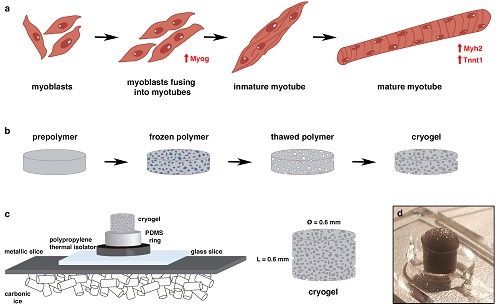
 Researchers from the Institute for Bioengineering of Catalonia (IBEC) have developed an innovative scaffold that allows muscle tissues growth at the millimetre scale in the laboratory.
Researchers from the Institute for Bioengineering of Catalonia (IBEC) have developed an innovative scaffold that allows muscle tissues growth at the millimetre scale in the laboratory.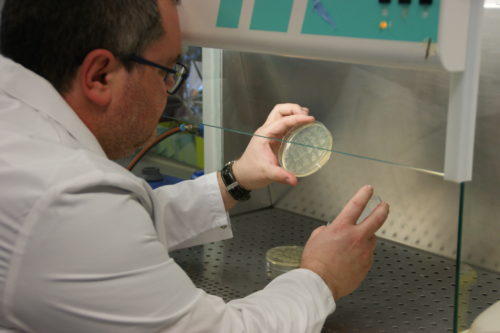
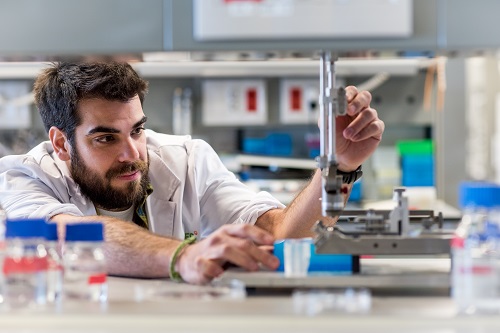
 Researchers from the Institute for Bioengineering of Catalonia (IBEC) have participated in a study led by Imperial College London in which the role of cyclin-dependent protein kinase 5 (CDKL5) in pain perception has been uncovered.
Researchers from the Institute for Bioengineering of Catalonia (IBEC) have participated in a study led by Imperial College London in which the role of cyclin-dependent protein kinase 5 (CDKL5) in pain perception has been uncovered.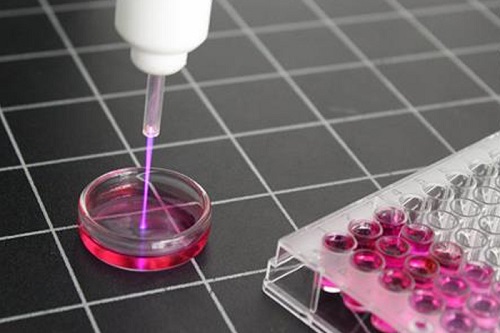
 Experts in bioengineering and informatics, including IBEC´s Associated Researcher Maria-Pau Ginebra, have published a paper where the researchers propose the creation of tools based on Artificial Intelligence for the development of biomaterials in Nature Reviews Materials.
Experts in bioengineering and informatics, including IBEC´s Associated Researcher Maria-Pau Ginebra, have published a paper where the researchers propose the creation of tools based on Artificial Intelligence for the development of biomaterials in Nature Reviews Materials.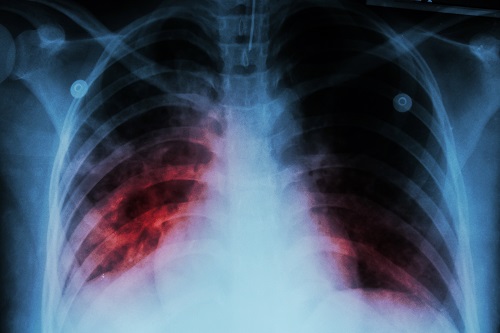
 An international team, led by Profs Giuseppe Battaglia and Loris Rizzello from the Institute for Bioengineering of Catalonia (IBEC), carried out out a study that opens the door to a new therapy capable of quickly and effectively eliminating infections caused by intracellular bacteria, the most resistant to immune defenses.
An international team, led by Profs Giuseppe Battaglia and Loris Rizzello from the Institute for Bioengineering of Catalonia (IBEC), carried out out a study that opens the door to a new therapy capable of quickly and effectively eliminating infections caused by intracellular bacteria, the most resistant to immune defenses. 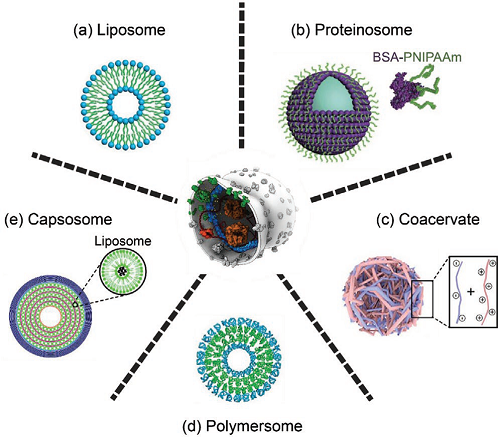
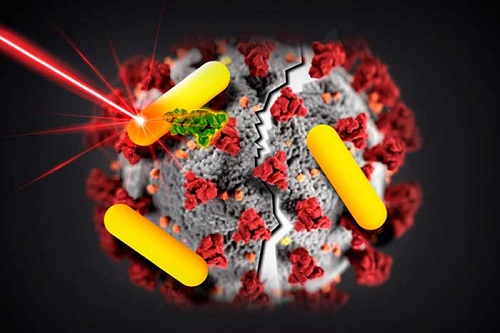
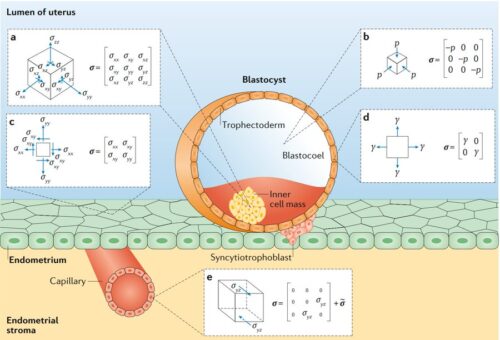
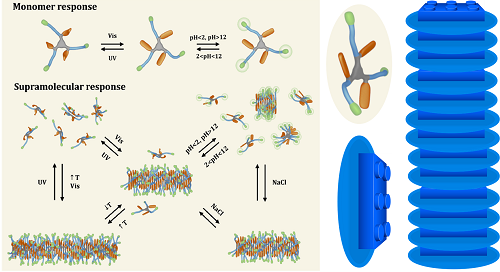
 IBEC researchers develop new multi-responsive molecules able to self-assemble in water forming fiber-like structures. The so-called discotic molecules show responsiveness to temperature, light, pH, and ionic strength and they might show great potential for medical applications such as drug delivery systems, diagnosis or tissue engineering.
IBEC researchers develop new multi-responsive molecules able to self-assemble in water forming fiber-like structures. The so-called discotic molecules show responsiveness to temperature, light, pH, and ionic strength and they might show great potential for medical applications such as drug delivery systems, diagnosis or tissue engineering.